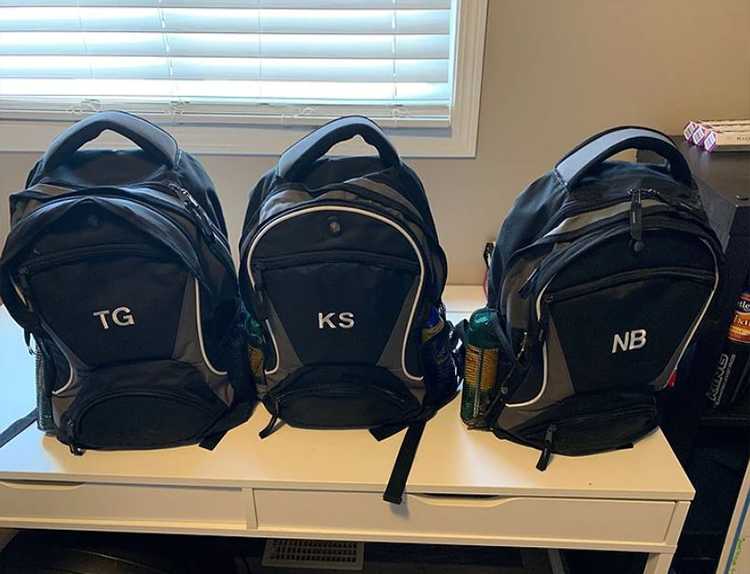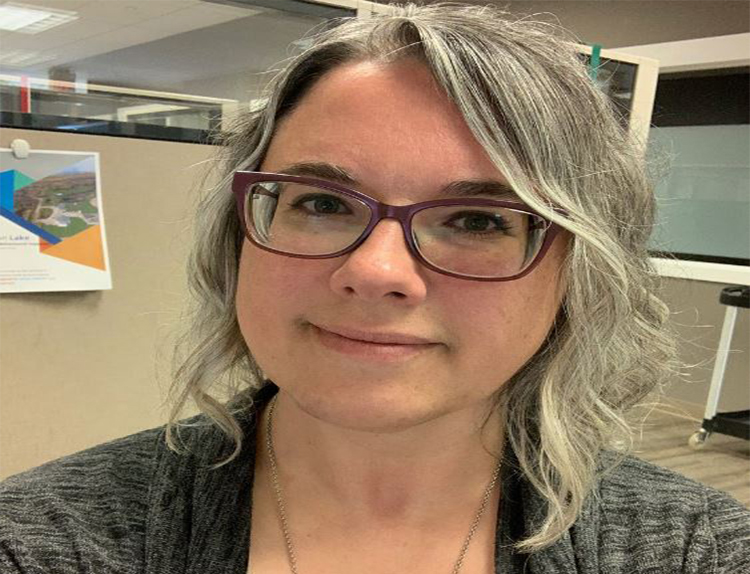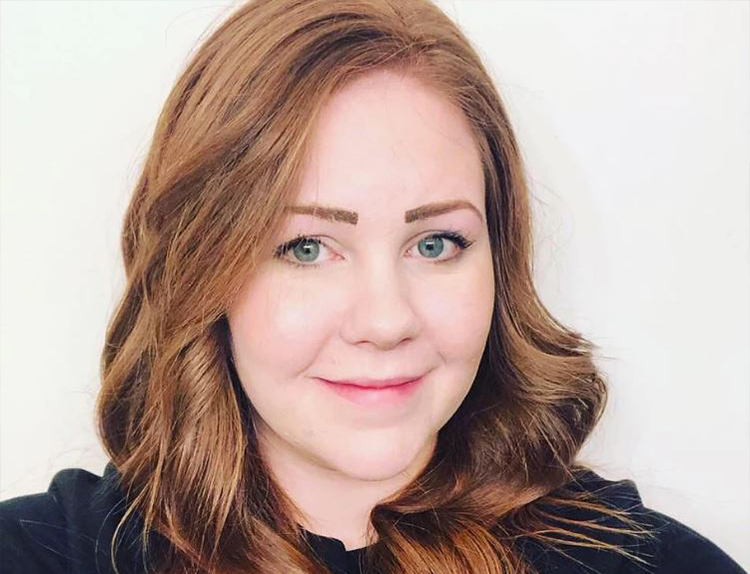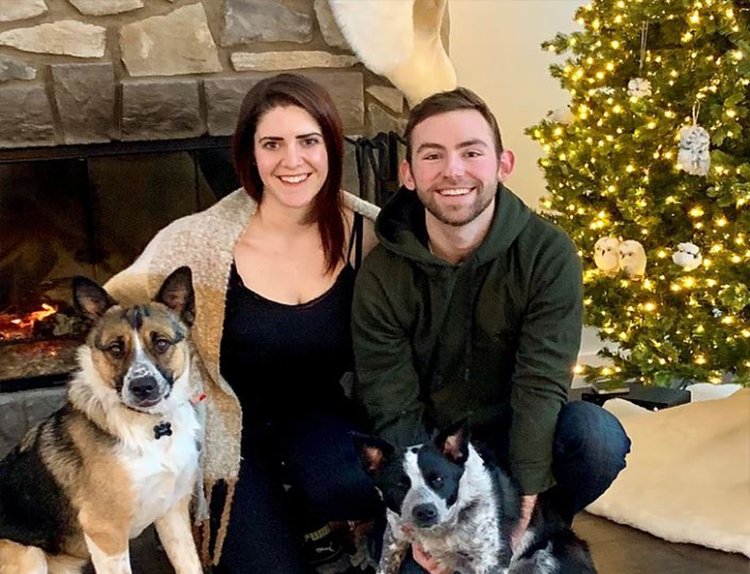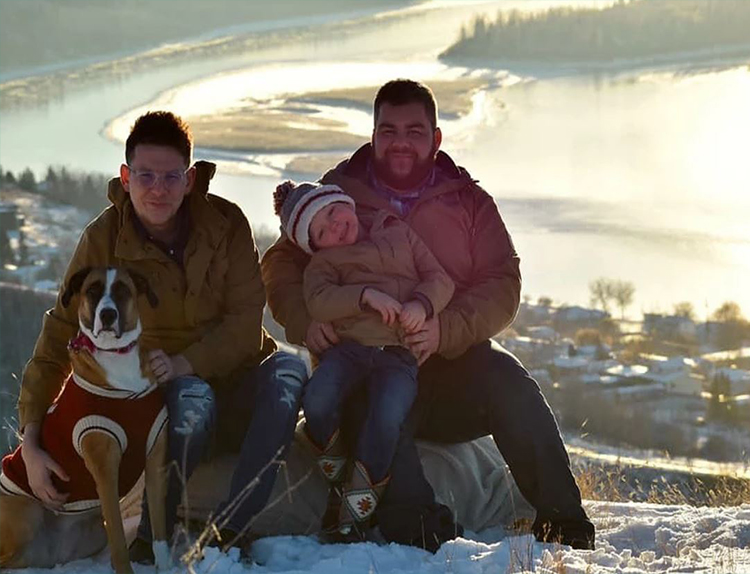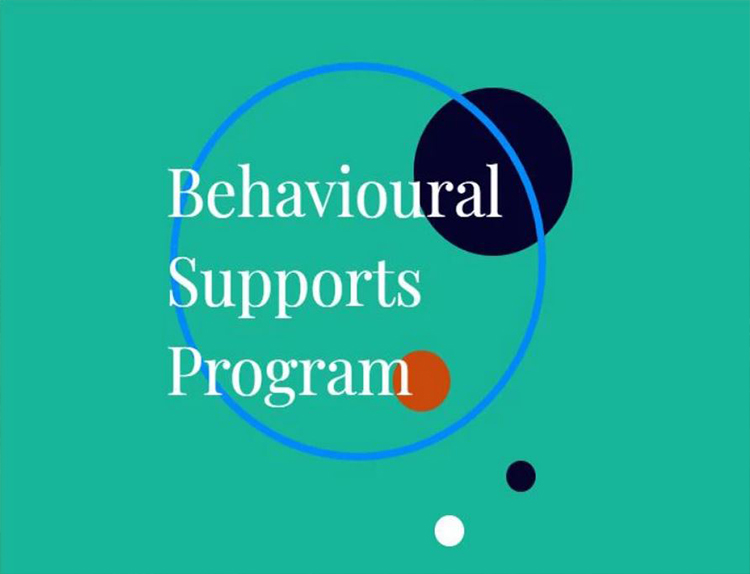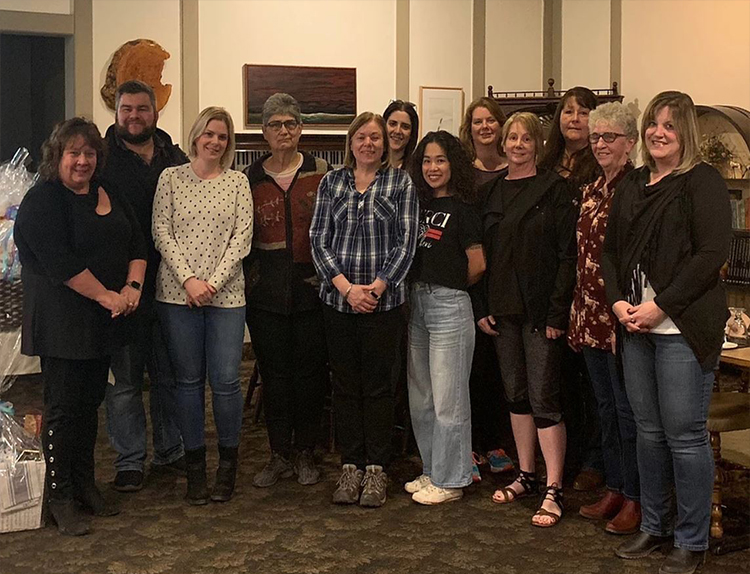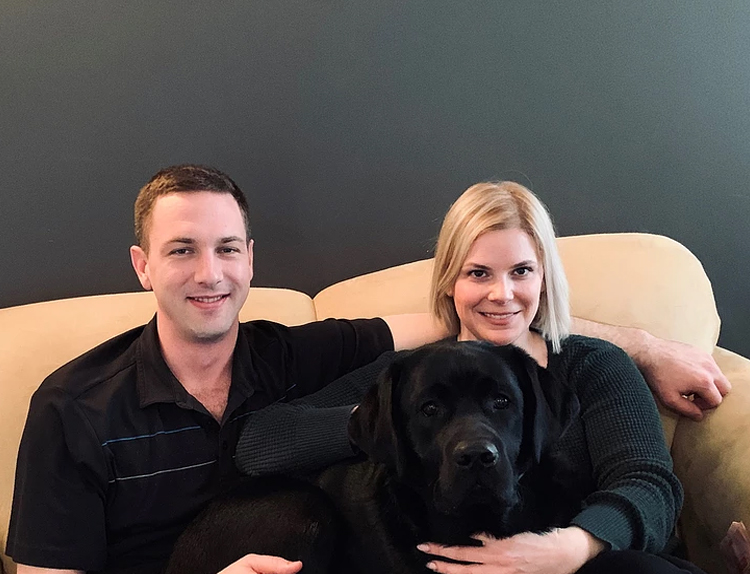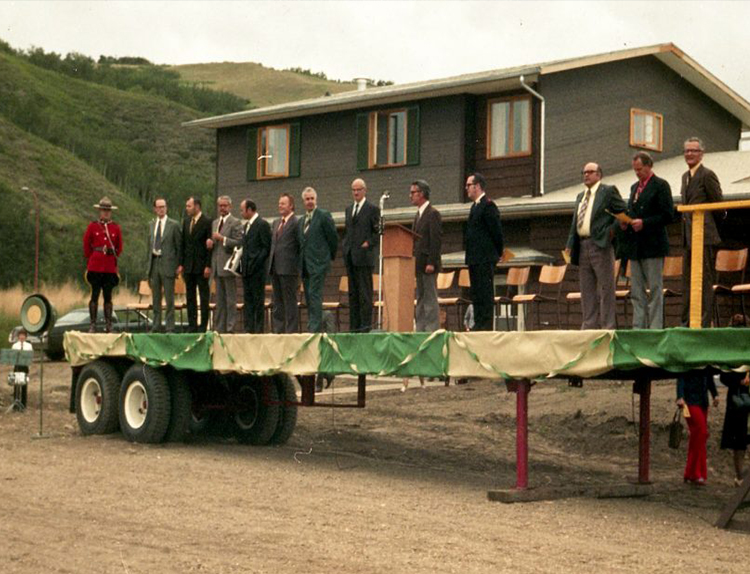Positive programming, in nerd speak, is “the longitudinal instruction designed to teach skills and competencies to facilitate behavioural change.” – Institute for Applied Behavioural Analysis.
That’s a mouthful, let me translate…
Positive Programming means teaching new skills and abilities over time to replace behaviours of concern.
There are two keys words in that sentence: teach and replace.
The Individuals we support are very complex people with complex histories and often there have been significant gaps in their learning. When we develop protocols, we do so based on those gaps. What skill does this person need to achieve greater wellness and greater independence? Perhaps there are a number of smaller skills they need to learn before they can succeed at the desired goal. If that’s the case, we may design a protocol to address those smaller skills in order to build towards something bigger. A great example is taking place out at Saskatoon Lake. Using a visual (picture aided) communication system, we are working towards enhancing communication. Now, if we simply handed an Individual cue cards and said, “Here, use this,” without teaching them the basics that we know are lacking, like how to say “no” to something, then we’re not likely to be very successful. Programs build one upon the other and the role of the Community Support Worker (CSW) is to provide the Individual with consistent teaching so that they have a good foundation for the next step. Consistency is incredibly important in this process. If a protocol is only followed some of the time, it will delay an Individual’s learning.
When we consider protocols and programs for the Individuals we support, we have to ensure that we are meeting the needs of the Individual respectfully. This is why we teach with positive reinforcement. When someone is rewarded for positive behaviour (a thumbs-up, a sticker, one-on-one time with a favourite CSW), they’re more likely to want to perform that behaviour again. And who wouldn’t!?
Punishments for behaviours of concern are not part of this process. Though a punishment may result in a quick decline in the behaviour of concern, it simply doesn’t work in the long run for the Individual. This is because the Individual may not be able to understand why they are being punished. Also, punishment doesn’t teach an alternative to the behaviour of concern.
This leads us to the second part of the definition of Positive Programming: Replace. Once we’ve identified the behaviour of concern, we look at its function. The “why” behind the behaviour. If someone is hitting because they find a task too difficult, but don’t have the means to express this, we need to look at offering alternatives to hitting. What can we teach that satisfies that function? Well, that all depends on the person. Perhaps we teach them how to exchange a “Break” card with their CSW when they feel overwhelmed by a task. Maybe we teach them the sign for the word “No” or “Break” so they can express themselves in a more functional and less harmful way. Once we teach an Individual an alternative behaviour, we encourage and reward them every time they use it.
It is Emergency Preparedness Week and we wanted to share with you how ASLS has prepared our Individuals in case of emergency.
Each of our Individuals has an Emergency Backpack/Health and Safety Bag at the ready. This backpack accompanies our Individuals each time they leave their home.
Inside each backpack is some basic items, dependant upon the season, to help us through an unplanned event.
Currently, the bags have sunscreen, insect repellant, a whistle, bottled water, bear bells, emergency blankets, energy bars or fruit snacks, hand warmers and a first aid kit.
The bags may also carry personal items and small toys or activities specific to our Individuals.
“Often the key to preventing an unplanned event from turning into an emergency is response time. Preparation, speed, and clear thinking are critical. The safety of our Individuals, employees and the public is paramount,” says Cori Freemark, ASLS Health and Safety Coordinator.
“I think the biggest thing I can say is no matter how well thought out an Emergency Plan is, or how much food or water you have ready, it’s only effective if you can act on it which is why practice is so vital. People really need to commit to preparing and follow-through,” adds Cori.
Cori recommends visiting the Government of Alberta website as it has some very practical resources as well as a Personal Preparedness course that is available for free online.

We would again like to thank the following businesses that helped us ensure our Individuals are prepared.
Thanks to:
– Sierra Safety Supplies and Rentals for a great discount on emergency supplies
– Hivolt Safety for donating the backpacks
– EmbroidMe Grande Prairie for a great discount on the embroidered initials

